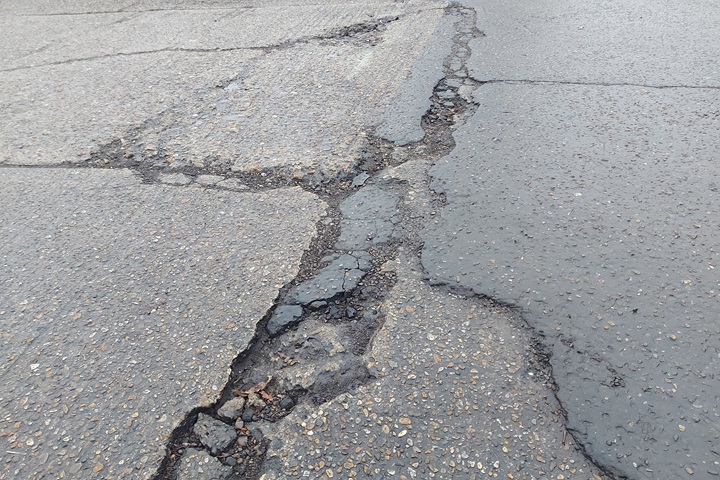
The RAC and the Road Surface Treatments Association (RSTA) have written to the Government calling on it to introduce mandatory training for councils who carry out little or no maintenance to prevent potholes forming.
At the start of Pothole Prevention Week (8-14 September), the two organisations have joined forces with a view to getting councils to understand the benefits of low-cost preventative maintenance treatments that keep roads in better condition for longer.
The RSTA says many highway authorities are ignoring preventative treatments that typically could be applied from year five after a new road surface is laid to keep roads in good condition for longer.
Instead, many are leaving them untreated and allowing potholes to form, before eventually having to replace the top layer of asphalt, often after 10 to 15 years, at a far greater cost.
Government road condition data analysed by the RAC shows half of local highway authorities in England did not use any form of preventative maintenance on their A roads in the 2023/24 financial year.
For B, C and unclassified roads, 36% of authorities failed to carry out any of this work.
The RAC and RSTA say the reasons for councils not using preventative treatments often relate to a lack of knowledge, misconceptions and misinformation, or a historic negative experience, which has created a reluctance to use these treatments for fear of failure or reputational damage.
Simon Williams, RAC head of policy, said: “The reactive only maintenance approach which so many local authorities rely on is particularly expensive, as it means only a small proportion of the road network is actually being treated.
“This has very clearly contributed to the situation we are in today with large volumes of potholes and roads in poor condition.”
Mike Hansford, RSTA chief executive, said: “Our joint plea to the future of roads minister at the start of Pothole Prevention Week is for the Government to mandate training for those local authorities not carrying out any preventative road maintenance.
“It’s very clear that there are some knowledge gaps in the sector that are leading to poor road maintenance decisions that are neither cost-effective or carbon-efficient.”
Comment on this story